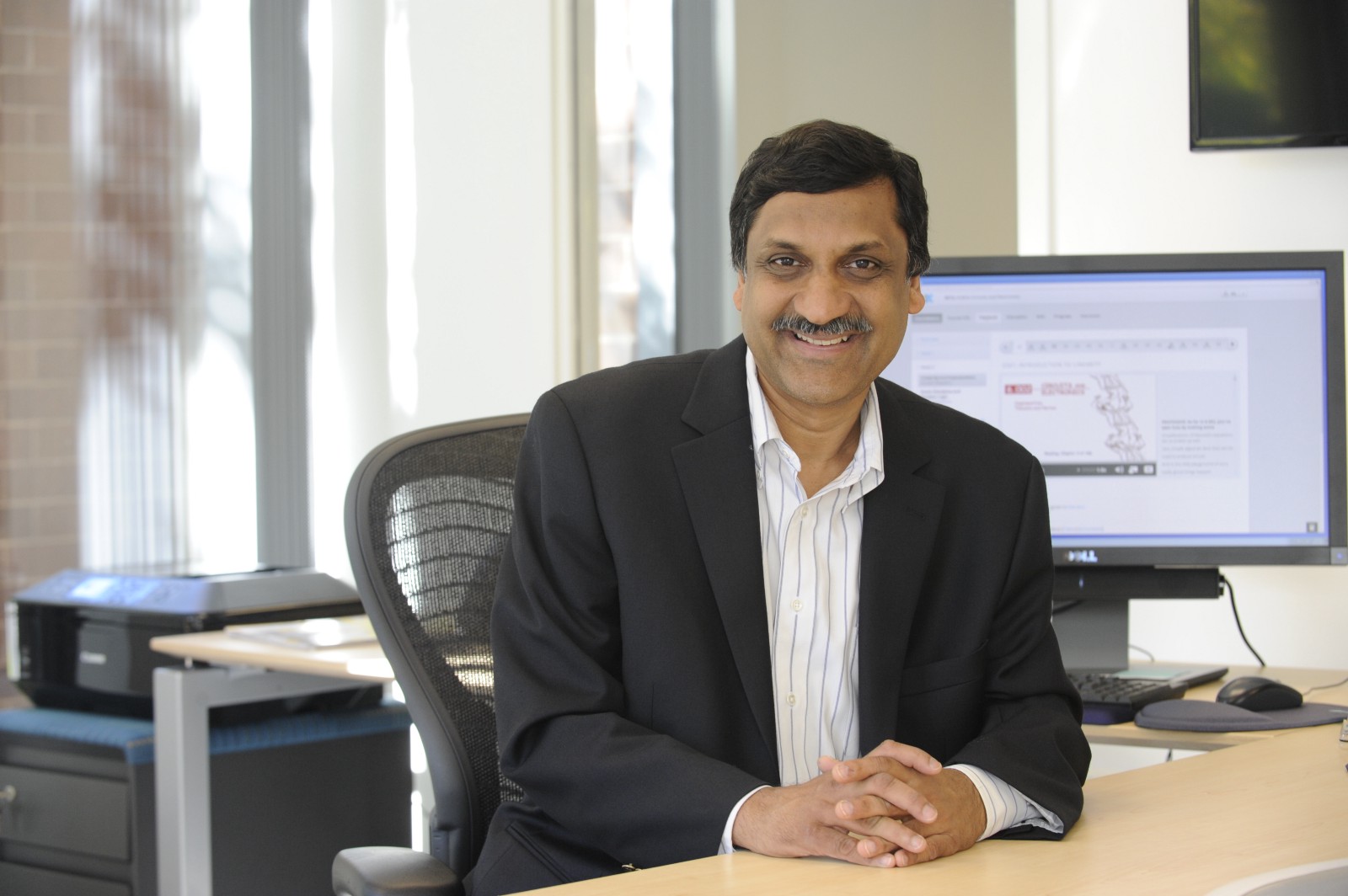Founder Interview
Disclosure: edX, the free online learning platform, has previously sponsored Hacker Noon.
Edx’s mission is to increase global access to quality education. They are leading the Mass Open Online Course movement. I personally have great admiration for people who are scaling accessibility to the world’s knowledge. Today, we’re going to catch up with edX CEO Anant Agarwal about the state of this business, his long term vision for knowledge distribution, and why he does what he does.
FEATURED FREE COURSES FOR HACKER NOON COMMUNITY:
- Blockchain for Business, The Linux Foundation
- JavaScript Introduction, W3C
- Cybersecurity, RIT
Could you share current numbers on edX’s progress, scale and usage? How many courses and students do you have? What are some of your current growth rates? And what is your KPI for learning facilitated?
EdX was founded in 2012 by Harvard University and the Massachusetts Institute of Technology with the launch of our first course, Circuits and Electronics from MIT. Since then, we’ve grown to over 13 million learners from every country around the world, and now offer over 1700 courses from our 131 partner institutions, universities and colleges.
EdX is a not-for-profit venture created that you created in partnership with Harvard University and the Massachusetts Institute of Technology. From academia to startup life! What was the overall motivation for forming this into its own company? And how did you structure it so that such large and renowned universities wanted to make edX a reality?
We believe that education is a human right, and our mission at edX is to democratize education worldwide. With online education you can reach hundreds of thousands of students, which simply isn’t feasible in a traditional classroom setting.
Our partners similarly want to reach more learners, break down education barriers, and be on the cutting edge of higher education. By joining our global consortium, they are able to learn with, and from, fellow colleges and universities that are innovators in this space.
What specific technologies do you think have and will increase the success of the online learning experience? Instant feedback?
The innovations in MOOCs that we’re really excited about right now, and we feel will improve the learning experience and make online learning more compelling, are courses and programs that offer pathways to credit at a college or university and blend the best of online and in-person programs.
In order to offer credit-grade MOOCs, online learning providers are offering platforms with high academic integrity. These platforms have to uphold a certain standard of course quality and rigor of assessments. This could include integrating virtual proctoring and randomized problems into the platform; integrating hand grading, in addition to peer grading; and creating many innovative, rich assessment types that go well beyond multiple choice. New partnerships between universities and online platforms must also be developed to support such innovative models.
Do you think employers value a traditional 4 year degree as much now as they did say 10 or 20 or 30 years ago?
Employers value employees and job candidates with deep knowledge in the skills and fields that they need to succeed in the workplace. I think that on-campus education will always be the right choice for some, but online learning is creating modularity, and therefore more flexibility, for students.
When it comes building a curriculum, how do you choose your tech courses? What cutting edge courses and teachers are you especially excited about? In what high paying fields, can students take only online classes and be qualified for a career in the field?
When surveyed, the majority of our learners told us that their ultimate objective in taking courses online is for career advancement purposes. Given this demand, we’ve worked with our partners to offer programs and credentials in the most in-demand fields. Each program is also backed by a corporation to demonstrate real-world relevance of the skills learned throughout the program.
Some of these programs meet the needs of industries with some of the largest skills gaps, such as our MicroMasters programs in artificial intelligence, cybersecurity, and data science, which also offer a credential with a pathway to credit. Other programs focus on skillsets that every professional needs to succeed, such as our Professional Certificate in soft skills, which include interpersonal and writing skills.
In Life Hacker, you said the best advice you ever received was, “always act on your curiosity.” While the mind has a natural curiosity, the nature of getting older leads us to being in similar environments for prolonged periods of time, and we can become siloed in our way of thinking and approaching problems. In your work, how do you foster an approach and culture that drives more curiosity?
As a company with our roots in academia, the spirit of the learning is alive in our offices. We work to ensure that everyone’s opinion feels valued, and questions and discussion are encouraged for employees at all levels. Additionally, as edX is a fully open source platform, we like to foster a collaborative open source community (Open edX) where one person’s curiosity fuels another.
Keep up with edX on Facebook and Twitter. And Don’t miss out on the FEATURED FREE COURSES FOR HACKER NOON COMMUNITY:
- Blockchain for Business, The Linux Foundation
- JavaScript Introduction, W3C
- Cybersecurity, RIT

